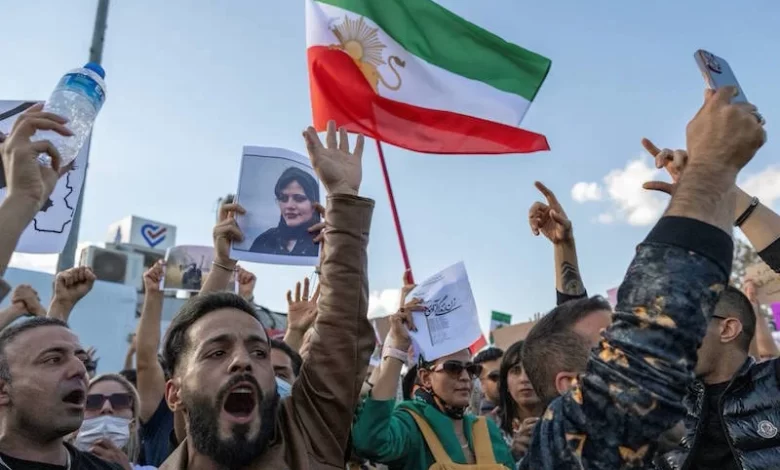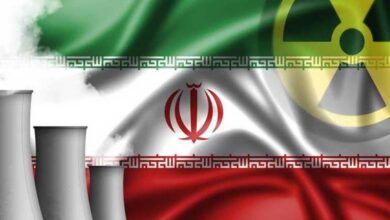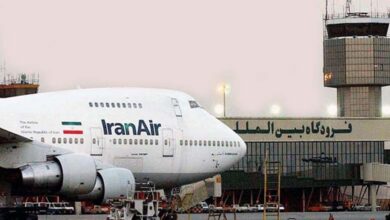Red alert: Human Rights Watch warns of increasing number of executions in Iran

Human Rights Watch urges the international community to condemn the Iranian authorities’ “dramatic escalation” of executions in recent weeks, calling it a “serious violation of the right to life.”
At least 60 people have been executed across the country since late April after unfair trials or on charges that should not lead to the death penalty under international law, the New York-based Human Rights Watch said in a statement Friday.
Iranian Danger
According to HRW, many of those executed recently were convicted on drug-related charges. They also include an Iranian-Swedish citizen who was executed on terrorism charges and two Iranians accused of “blasphemy.”
“The Iranian authorities appear to be using executions as inhumane punishment after unfair trials as a show of force against their people, who are demanding radical change,” said Tara Subhri Farr, a senior Iranian researcher at Human Rights Watch. “This alarming trend is putting pressure on Iranian officials to stop these executions.”
Two NGOs, Iran for Human Rights and Together Against the Death Penalty, said: The Islamic Republic, one of the world’s largest executioners, executed at least 582 people last year, the highest number since 2015 and far more than the 333 recorded in 2021. In a joint report in April.
More intense
The pace of executions was even more severe in 2023, the group said, with the International Health Regulations now accounting for at least 218 executions so far this year and rights groups accusing Iran of using the death penalty as a means of intimidating Iranians after nationwide protests erupted in September 2022 following the death in custody of 22-year-old Mahsa Amini.
Activists have warned that members of ethnic minorities – particularly the Baloch minority, who unlike most Iranians are Sunni – have been disproportionately targeted by the spate of executions.
“According to Halfsh, a group focused on the human rights situation in Sistan and Baluchestan, home to Iran’s Baluchi minority, at least 18 men and two women were executed on drug and drug-related charges in the province between 29 April and 4 May.”
HRW noted that under Article 6 (2) of the International Covenant on Civil and Political Rights (ICCPR), which Iran has ratified, the death penalty can be applied only to “more serious crimes” in countries where the death penalty still applies.
The UN Human Rights Committee has said that drug offenses are not among the “most serious crimes” and that the use of the death penalty for such crimes violates international law.












